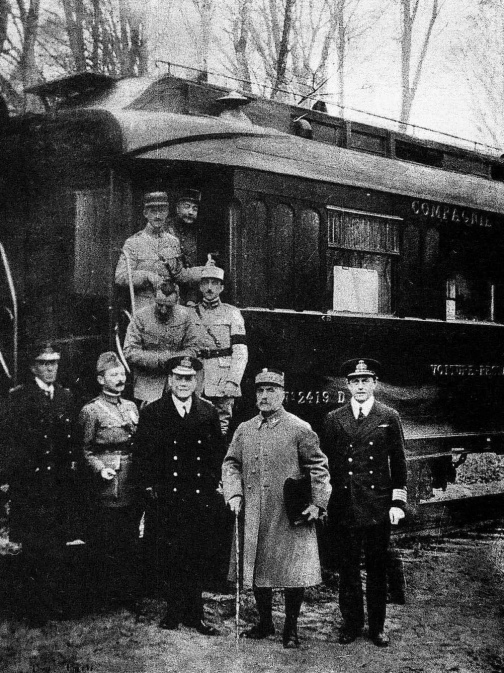On 11 November 1918, the Armistice between the Allies and Germany was signed, ending the fighting on the Western Front of the First World War. It came into force at 11:00 am (thus on 11th hour of 11th day of 11th month of 1918) and brought victory for the Allies and a defeat for Germany, although not formally a surrender.
The Germans agreed to evacuate from France, Belgium and Luxembourg within 15 days, as well as give up the contested territory of Alsace-Lorraine. Moreover, they concurred to disarm and turn over their arsenal.
The Armistice of 11 November 1918 (also known as the Armistice of Compiègne, from the place were it was signed) was prolonged and developed three times before the peace was finally ratified on 10 January 1920.
